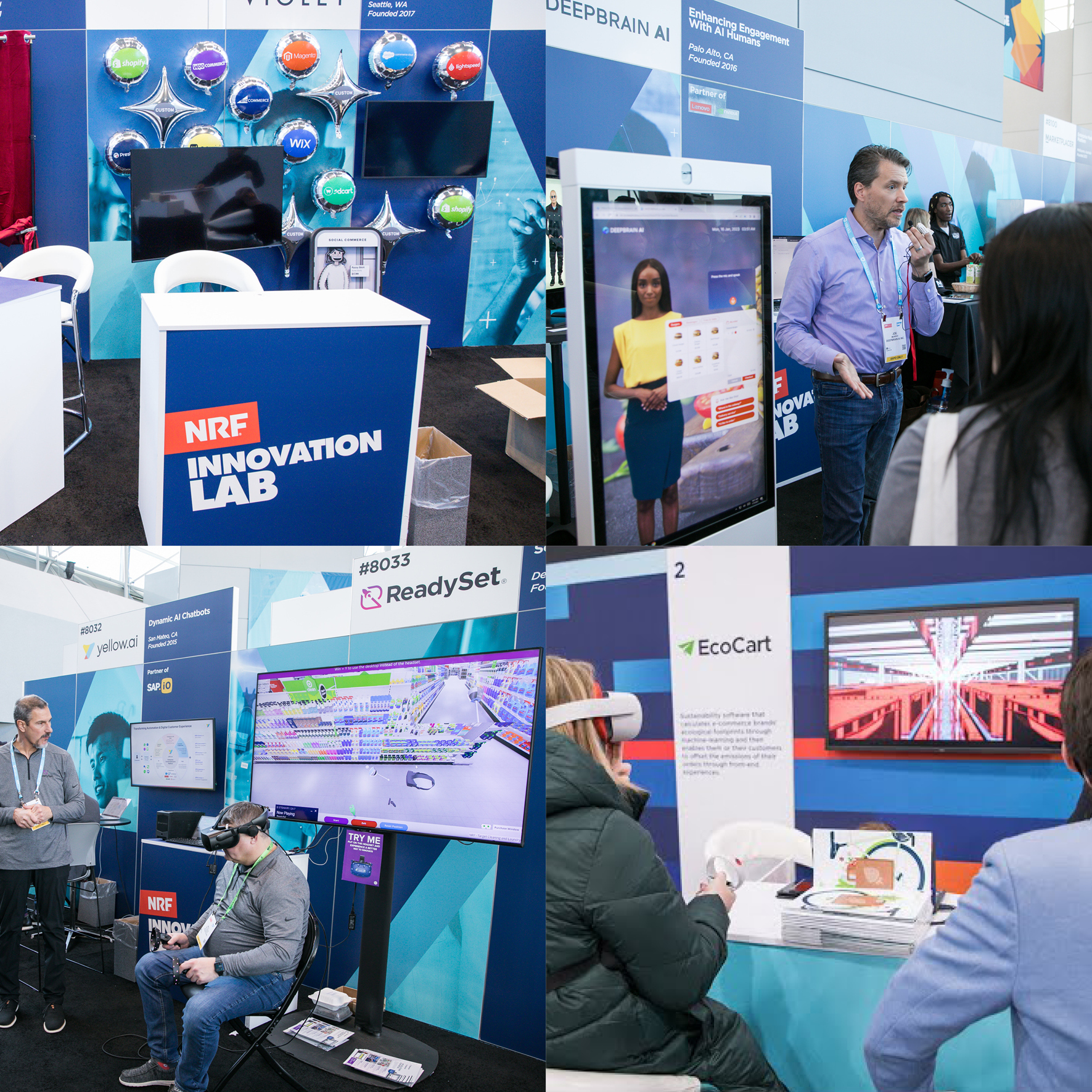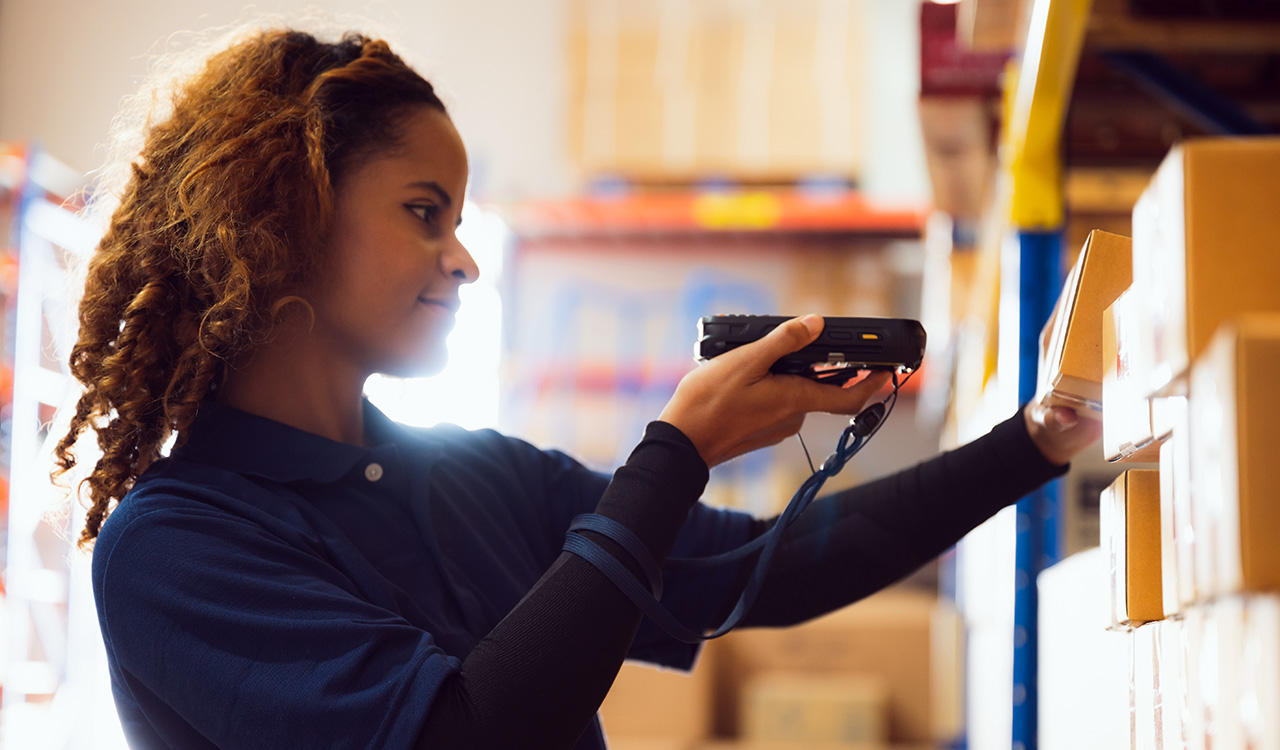Speculation surrounding the future of retail continues unabated. But a stroll through the Innovation Lab 2023 at the NRF Big Show revealed the bets that startups have placed on retail’s future priorities and pain points, offering tech-based systems and services to either exploit or solve them.
The startups offer a glimpse into the innovation process. It operates on a continuum, where what starts as a murmur, evolves into a fad, and eventually becomes a business. Or the opposite where 90 percent of startups fail. This year’s crop demonstrated some promising applications and improvements to existing technology.
AI was the mother of all innovation in the Innovation Lab. As such, there were a multitude of AI-enhanced retail-related tech startups making the case for long-term relevance. Breaking down the broader category of AI innovation, the technology solutions converged in six key areas.
Conversational AI
As visualization tools improve and call center services migrate from East Asia to automation in the cloud, AI models, trained on natural language patterns and sentiment perception are proliferating. Some applications were appealing while others were creepy, but the line between actual and synthetic humans in online engagement is blurring.
Resale Optimization
Resale is complicated and profitability is elusive, but consumer demand has spurred a wave of brands announcing resale platforms. Naturally, services using AI to determine resale pricing strategies and authentication capabilities, along with less AI-dependent supply chain and distribution practices were promoting their effectiveness.
In-Store Computer Vision Monitoring
Startups focusing on monitoring in-store activity, then processing the data through AI models for consumer insights and theft reduction had a large footprint in the lab. Sam’s Club and Lowe’s have joined Amazon Go in implementing computer vision pilots.
Omnichannel Integration
AI-driven startups in omni-optimization services were omnipresent in the Innovation Lab. The startups demonstrated the latest advancements in the real-time integration between physical and online retail channels to inform merchandising, distribution, and fulfillment. Target and Sephora are among the leading retailers deploying platform integration in omnichannel strategies.
Influencer Strategy
As influencer strategy migrates from mega to micro, AI offers social-commerce entrepreneurs an opportunity to better analyze follower data and match content creators and influencers with brands and products which they promoted to attendees.
Automated Negotiations and Procurement Processes
The AI rhetoric and pitches began to blur at a certain point, but Pactum, an AI-fueled negotiation chatbot stood out. This dystopian-sounding AI application took some time to understand, but according to the company, has proven highly effective for clients. The software, which negotiates with suppliers, is trained on historic pricing data and pre-determined, acceptable trade-off parameters. The service is best suited for big box or large format retailers, and the company counts Walmart and the shipping giant Maersk as clients. According to the spokesperson, the chatbot, which was trained under the oversight of buyers and legal teams, can perform up to 2000 negotiations simultaneously.
We seem to be hitting the point on the innovation curve where practical application of technology is taking hold. The solutions for resale optimization, automated negotiation, and tokenization stood out because they reflect an understanding of the industry and are responding to shifting demographics, economic drivers, and opportunities.




